By the time the new millennium arrived, computers had begun to best human players in chess on a regular basis, and today, there is no question that we are playing second fiddle to machines. An average club player’s Elo distance from Magnus Carlsen is around the same as his from the best chess engines of the day—and this gap is only going to grow as time goes on.
There are many different chess engines, and for a long time, it’s always been a different one that emerged as the strongest assistant for super-grandmasters. Veterans of the royal game may remember names like Fritz, Houdini, and Rybka—but today, the open-source Stockfish stands tall above all others, with its latest version, Stockfish 16, gaining +50 Elo over its previous iteration.
The machines’ first big win over the humans came in the infamous 1997 match between world champion Garry Kasparov and IBM’s Deep Blue, and by today, not even grandmasters stand a chance in equal play.
To find the last victory by a human over a top-level computer in normal chess tournament conditions, you would have to go back as far as 2005, when Ruslan Pomorianov defeated Fritz in a Man vs Machine World Team Championship event. In 2008, the Rybka engine defeated grandmasters even while playing handicapped (giving pawn and move odds, for example).
Playing against chess engines can still retain some interest under the right circumstances, though, as evidenced by the massive Mittens chess bot phenomenon at the beginning of 2023.
There have been some incredible innovations in the space with the incorporation of machine learning and neural nets, which famously played a key part in the development of Google’s AlphaZero, which crushed an earlier version of Stockfish in a 2022 showmatch. Now, as if we were in some sort of dystopian sci-fi movie, the two monsters have joined forces and fused into one, with Stockfish incorporating the underlying technology with such success that it has reached even dizzying heights.
The most prestigious computer-versus-computer chess tournament, the Top Chess Engine Championship, has been won by some version of Stockfish six times in a row, with LeelaChess regularly emerging as the runner-up.
Here is an annotated example game of modern computer chess, featuring a recent, 4000-rated version (in Fischer Random) of Stockfish:
In 2023, a new challenger emerged in the form of Torch, a brand new engine created by a team of experienced developers in a Chess.com-funded project with the goal of engineering, well, a passing of the torch. It remains to be seen how credible the challenge will become over time.
Sometimes, the competition gets a little heated and even underhanded. In 2021, Chessbase found itself in hot water for using Stockfish’s code in Fat Fritz 2 and Houdini 6 while claiming they were wholly original products. The developers of Stockfish sued, and the parties eventually settled in November 2022, with Chessbase essentially admitting to the shady shenanigans.




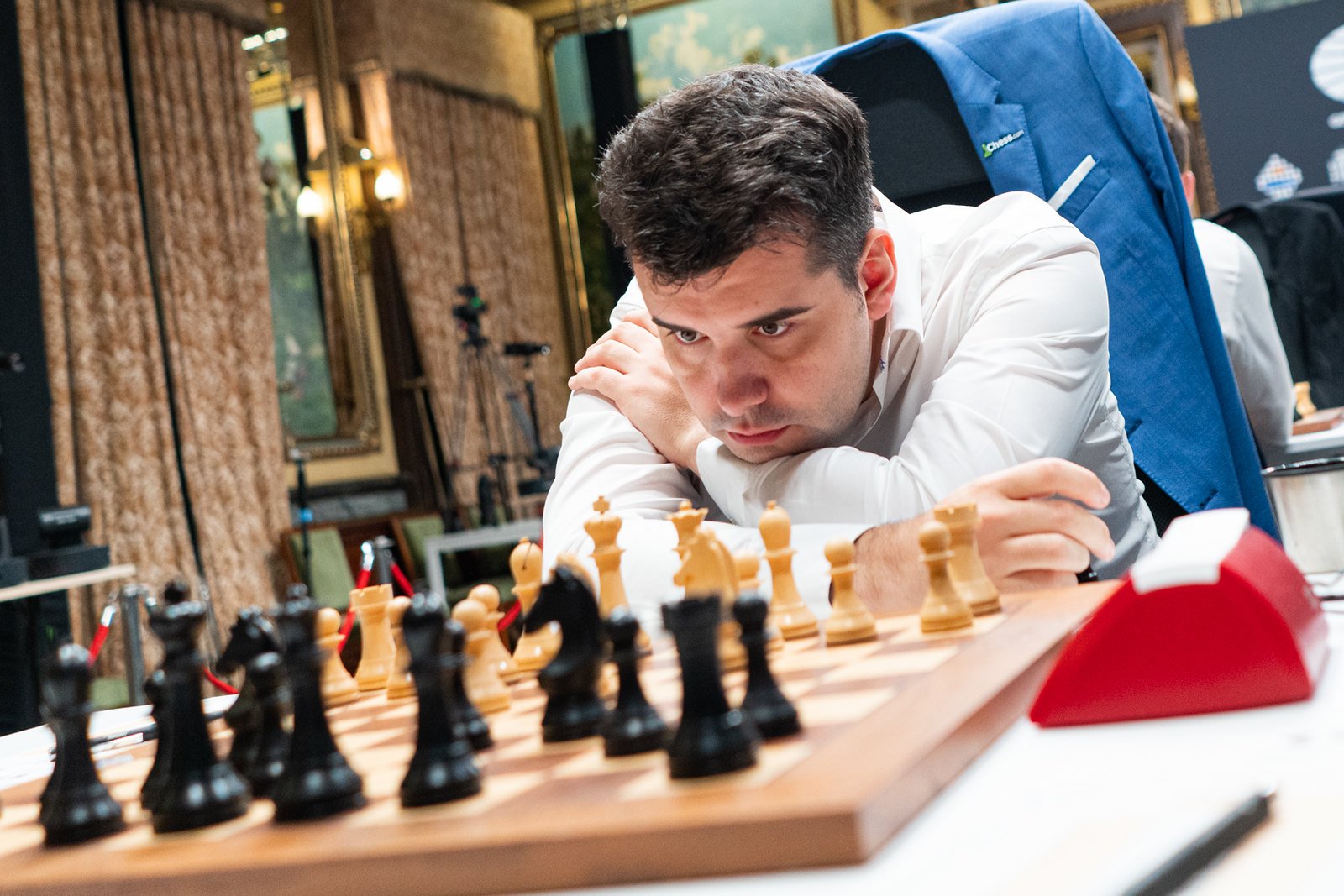
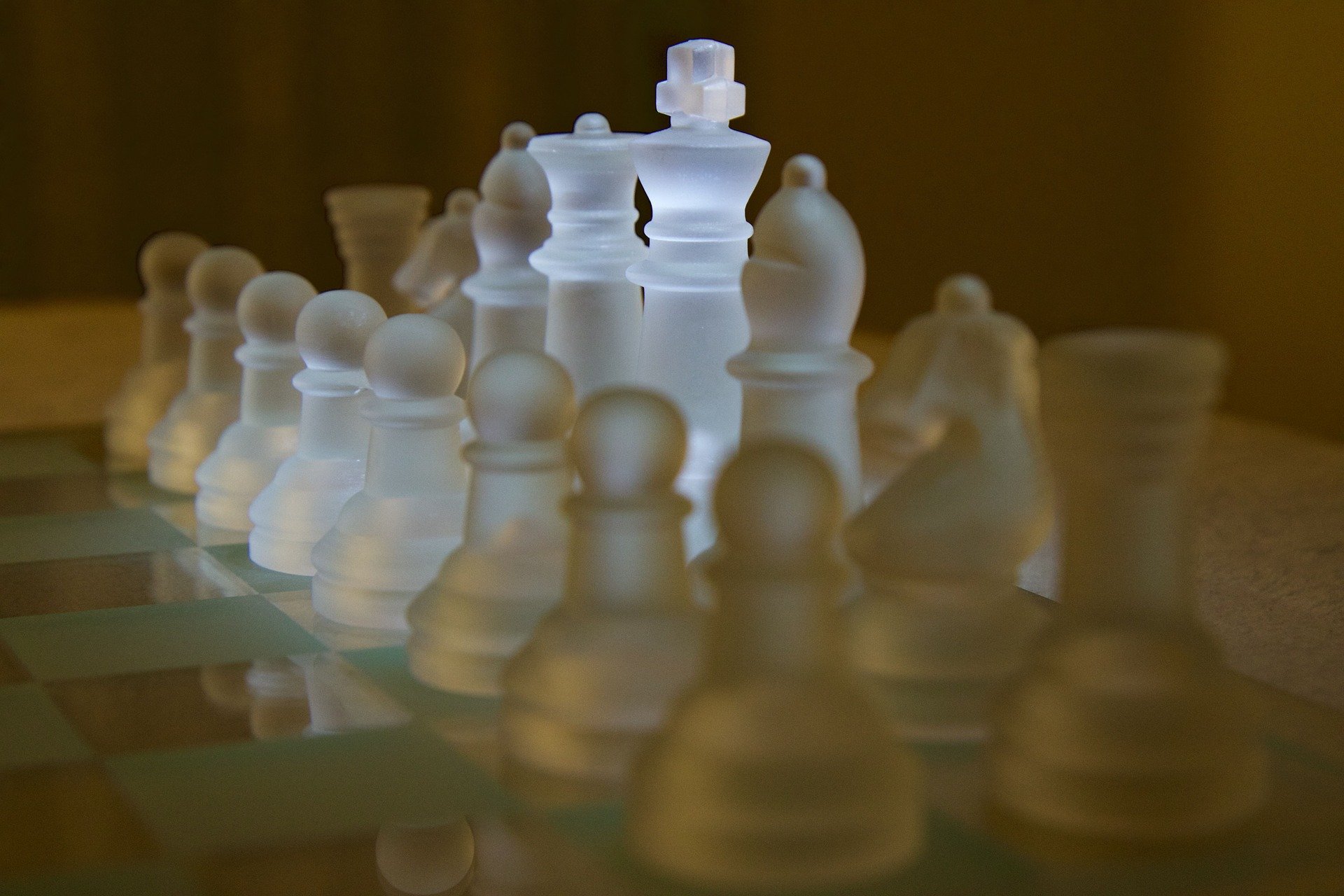
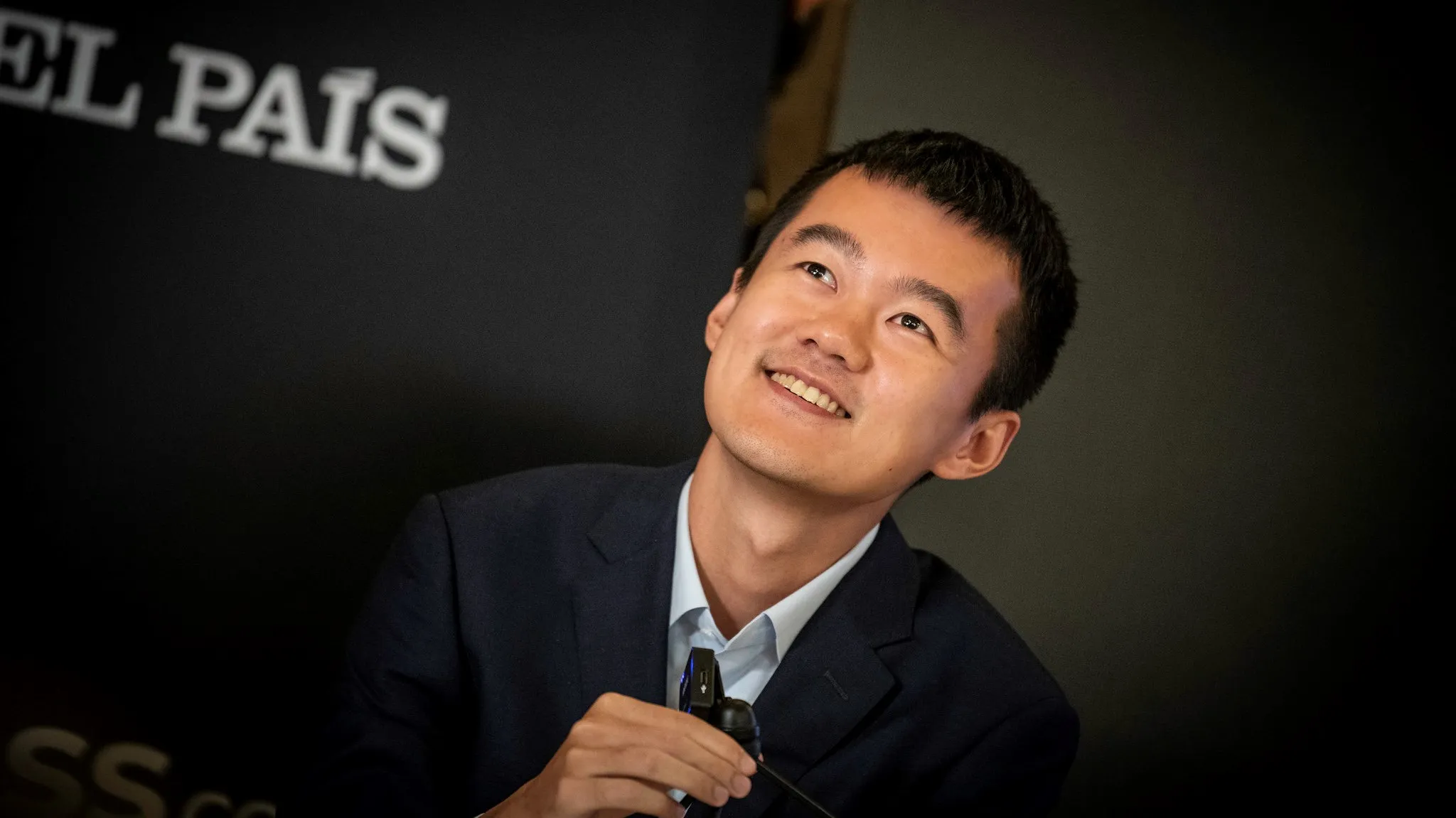
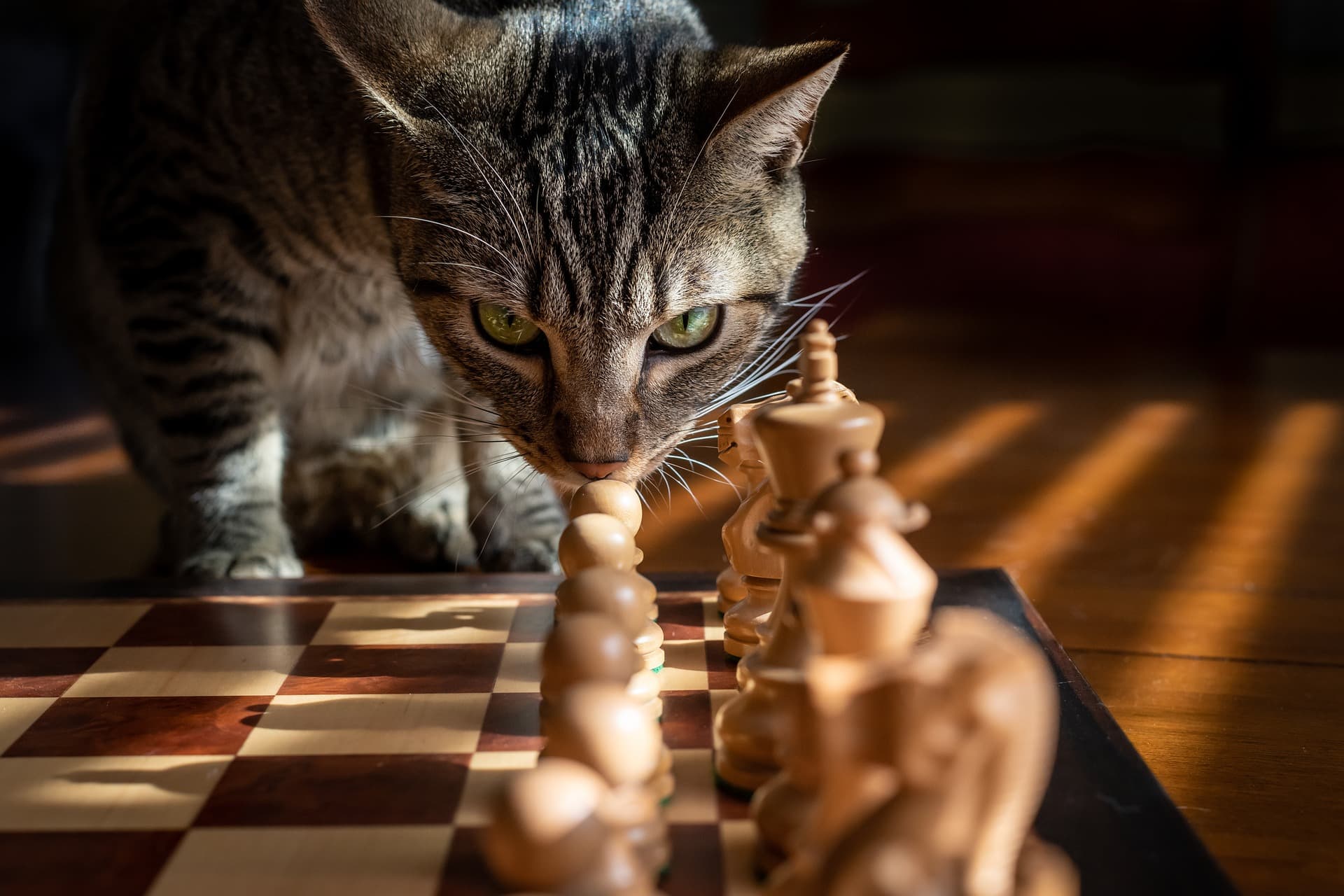
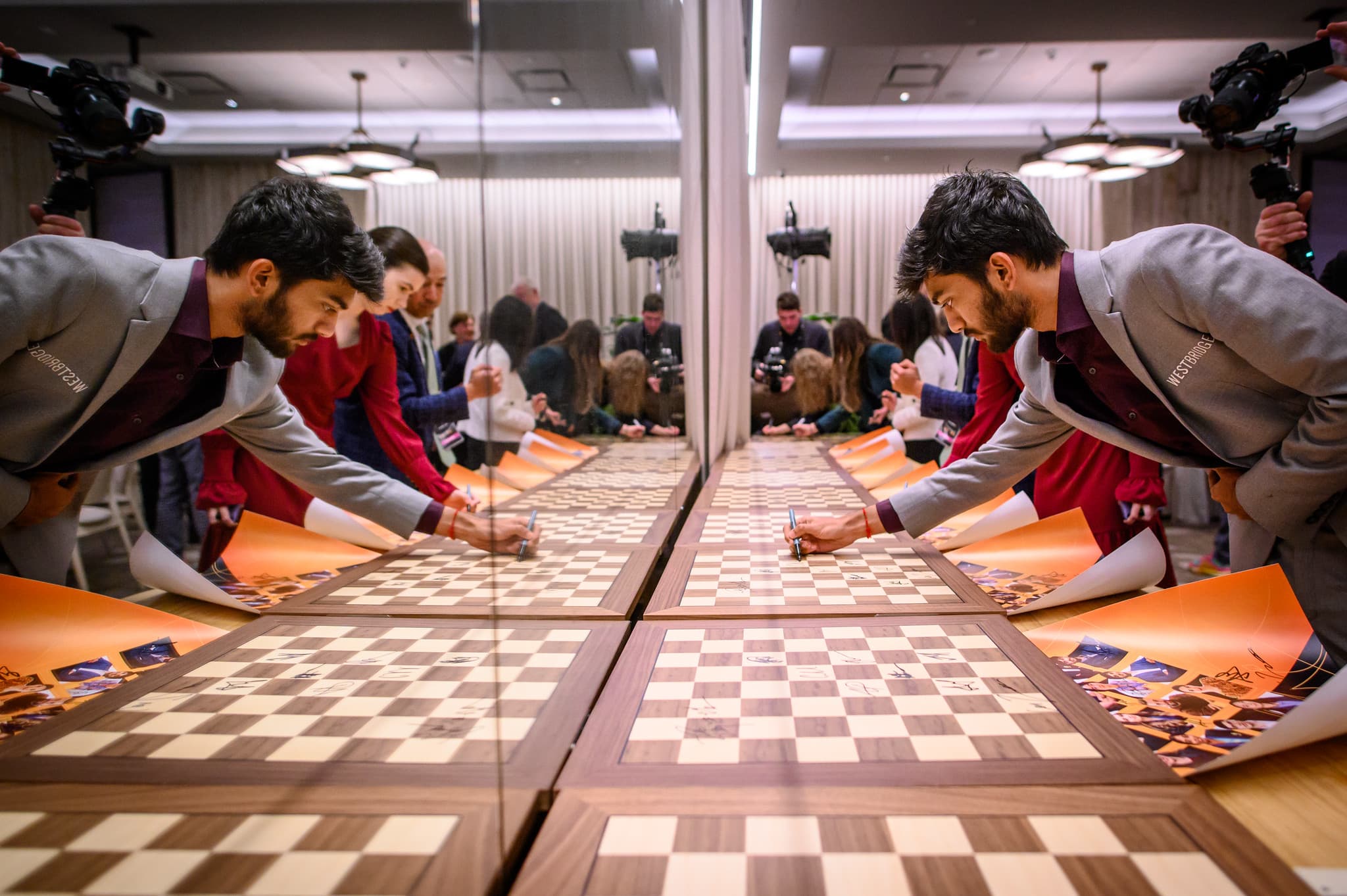

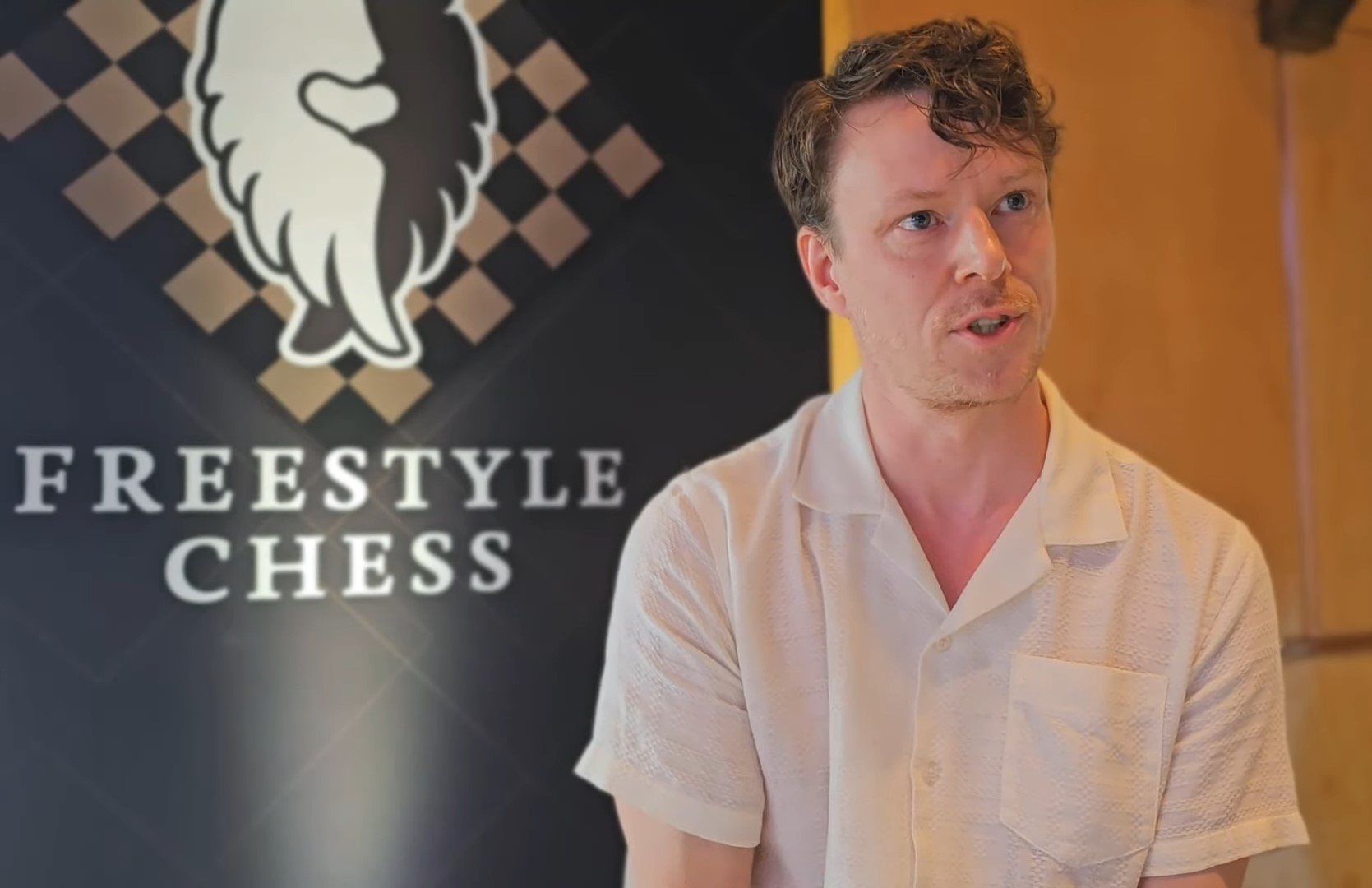

Published: Jul 14, 2023 10:30 pm